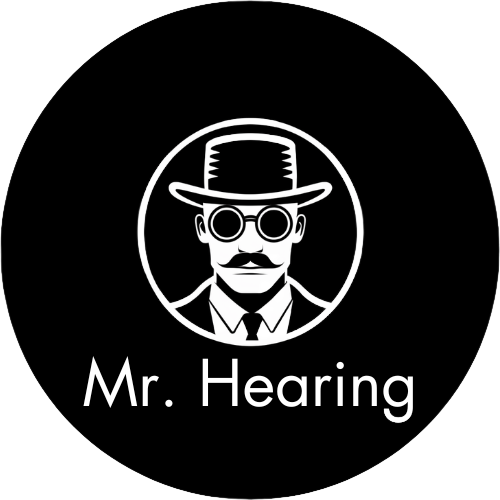OTC Hearing Aids Are Changing the World: Their Pros and Cons
Over-the-counter (OTC) devices for hearing loss are a big deal in the US, as they provide easier access to hearing aids and remove the stigma associated with hearing loss. These devices have the potential to increase people’s awareness of managing hearing loss and lead to earlier intervention. In the UK, the government provides free hearing aids, but many people still choose not to wear them, highlighting the need for addressing reasons such as cost, stigma, and misconceptions.
OTC devices from big names like Sony, Bose, and HP may help overcome barriers to wearing hearing aids, such as concerns about looking old or the expense. These devices are aimed at those with mild to moderate hearing loss and over the age of 18, but it’s important to seek professional help for children and severe hearing loss.
There are, however, concerns about the lack of professional support and potential risks of improperly treating hearing loss without proper assessment. OTC hearing aids can increase access, drive competition, improve the quality of hearing care services, and potentially lead to more regulation and price transparency.
However, there are concerns about incorrect programming and the possibility of unscrupulous companies and poor-quality amplification in the market. This is where it becomes extremely important to do adequate research into the best OTC hearing aids to ensure you’re not only getting value for money but quality aids that could adequately restore hearing while avoiding risks.
The Pros
- Increased access to hearing aids and removing the stigma associated with hearing loss
- Increased awareness of managing hearing loss and earlier intervention
- Increased level of competition
- Improved quality of hearing care services
- Potentially leads to more regulation and price transparency
The Cons
- Potential risks of improperly treating hearing loss without proper assessment
- Concerns about the lack of professional support and training
- Possible incorrect programming
- Unscrupulous companies and poor-quality amplification in the market.
Professional Help Is Still Recommended
While OTC devices can be a good option for those with mild to moderate hearing loss, it’s still recommended that you seek professional help if you have children, severe hearing loss, or if your hearing loss is causing significant problems in your daily life. A hearing professional can help assess your individual requirements and recommend the appropriate hearing aids or other assistive devices such as cochlear implants or bone-anchored hearing systems.
The Future of OTC Hearing Aids
Overall, OTC hearing aids have the potential to change the world for those suffering from hearing loss. However, it’s important to keep in mind that these devices are not medical-grade, and it’s crucial to do your research to ensure the high-quality OTC hearing aids are chosen to enable our loved ones to enjoy better hearing.
The market offers several hearing aids, such as the
